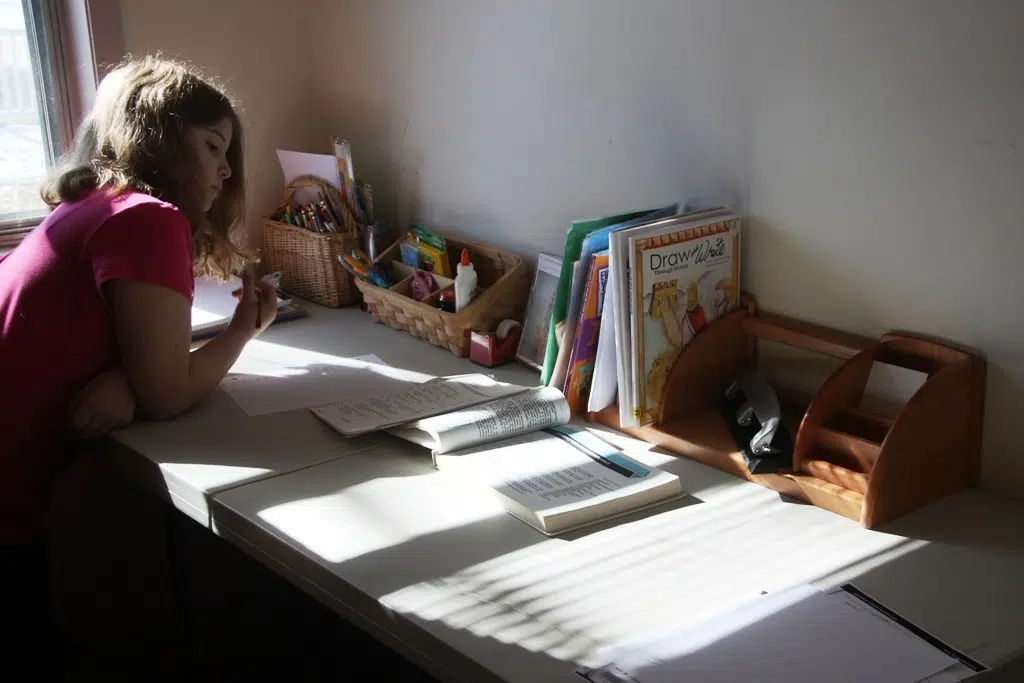Homeschooling has become a valid educational option for New Brunswick parents as the school year started amidst the fourth COVID-19 wave.
“I think that there is definitely more understanding of what we do, I think they realize that it is a fairly tough job,” says Saint John mother Julie Letkeman, who has been homeschooling her children for the last nine years.
“There has been more of a shift in families, some didn’t want to send their children back to have to ask like to have to mask or do online learning, others just found that they really enjoyed it,” she said. “People who had maybe thought about homeschooling, it gave them a little push to see what it was like.”
There are multiple homeschooling groups throughout New Brunswick, with two homeschooling groups located in Saint John – the Fundy Home Educators with an estimated 200 to 250 members in 2020, and the Saint John Area Homeschool Cooperative with 300 members.
“We’re seeing new faces every day and the homeschool administrator in the Fredericton group said that she’s been inundated with requests to join the group,” said Letkeman, estimating that homeschool enrollment increased in the Saint John groups by 15 to 20 per cent over the last 18 months, along with the growth of the Homeschool Cooperative from 150 to 300 students.
“I found one thing people have said about the masking and everything is that the children have become really anxious, and so they’ve decided to homeschool,” she said.
Alison Ailles was already doing extracurricular tutoring with her children, who have learning disabilities, and the pandemic led her to take the plunge with homeschooling.
“It lets them explore how they want to learn and being able to let them work in their own learning style,” said Ailles. “The content is important, but what is really important is that as the world changes that they are able to adapt.”
In comparison to online learning, which followed a rigid structure and follows the timetable of the teachers, parents can be flexible with and customize a homeschooling curriculum suited for their child.
This year Letkeman structured her son’s curriculum to be scienced-based across his unit studies, while Ailles’ children worked on science ecosystems, English language and analysis, and Canadian and Indigenous history while reading the Farley Mowat novel, Lost in the Barrens.
“Every child in every family is unique – once you realize you’re actually freed of what you were taught, of what you think what school and learning is, it does get to be transformative,” said Ailles.







